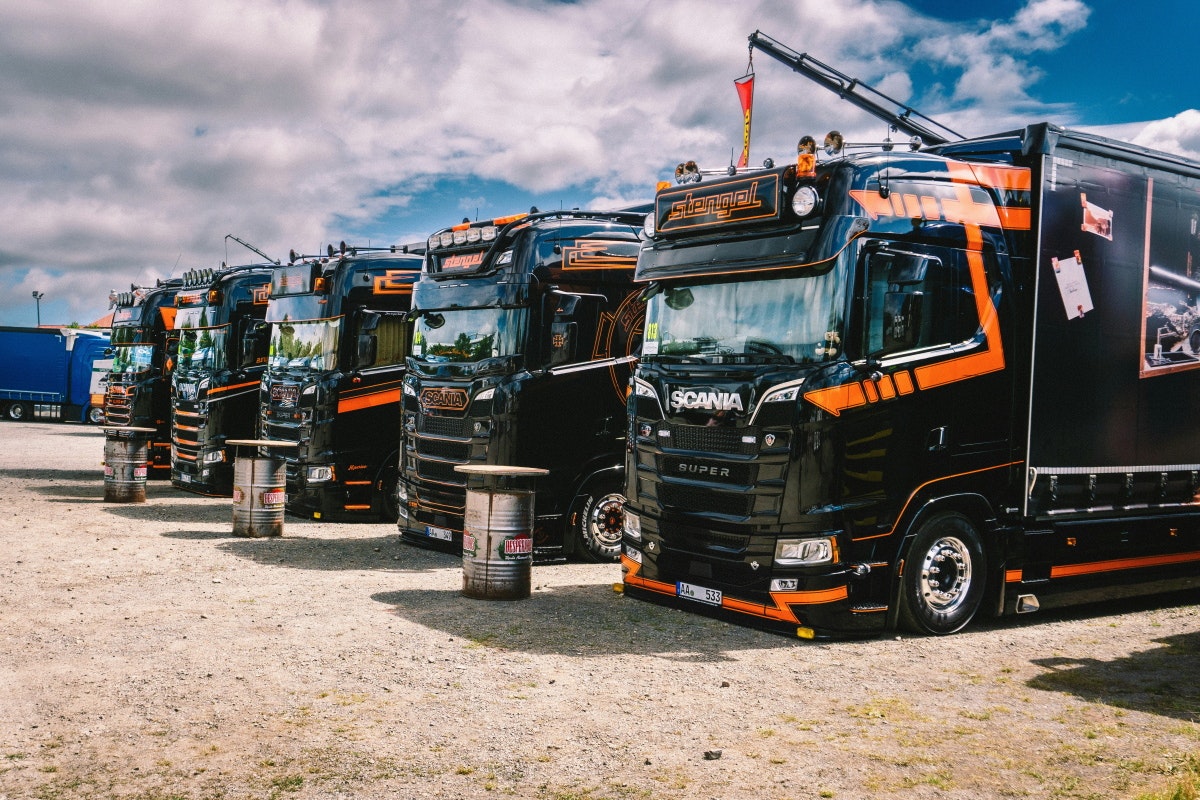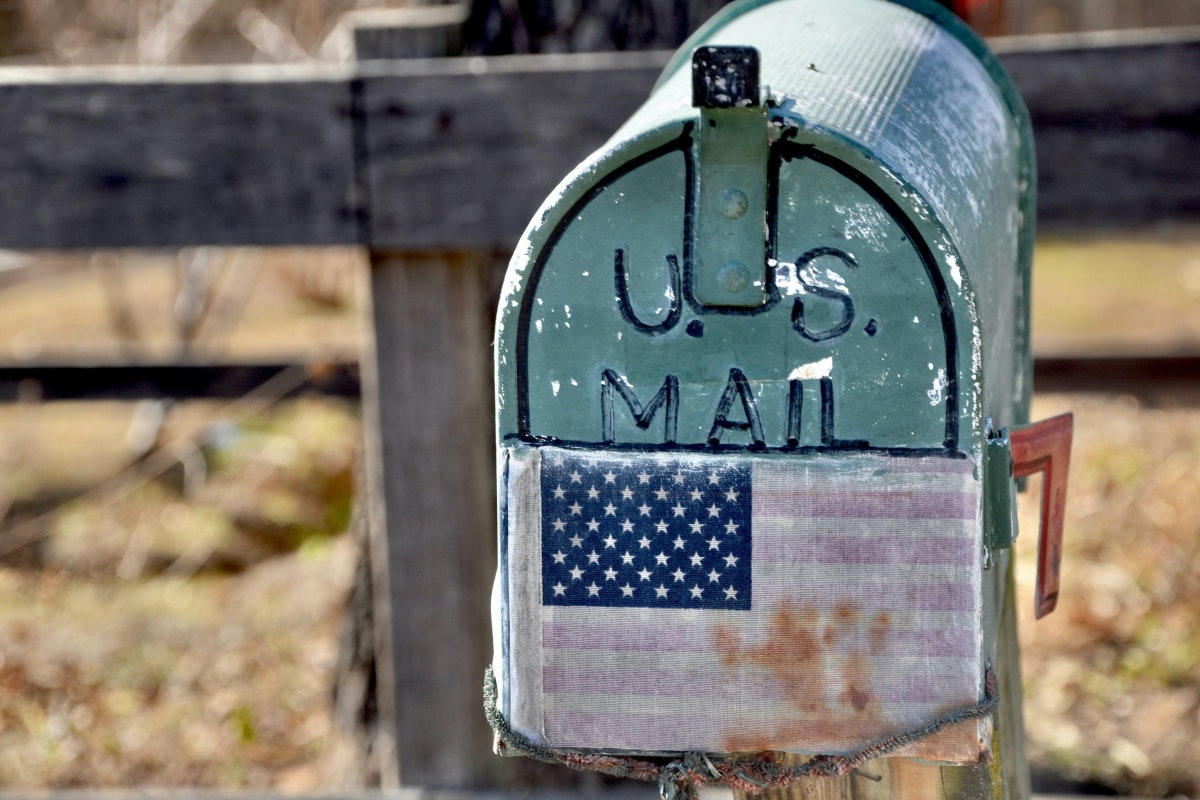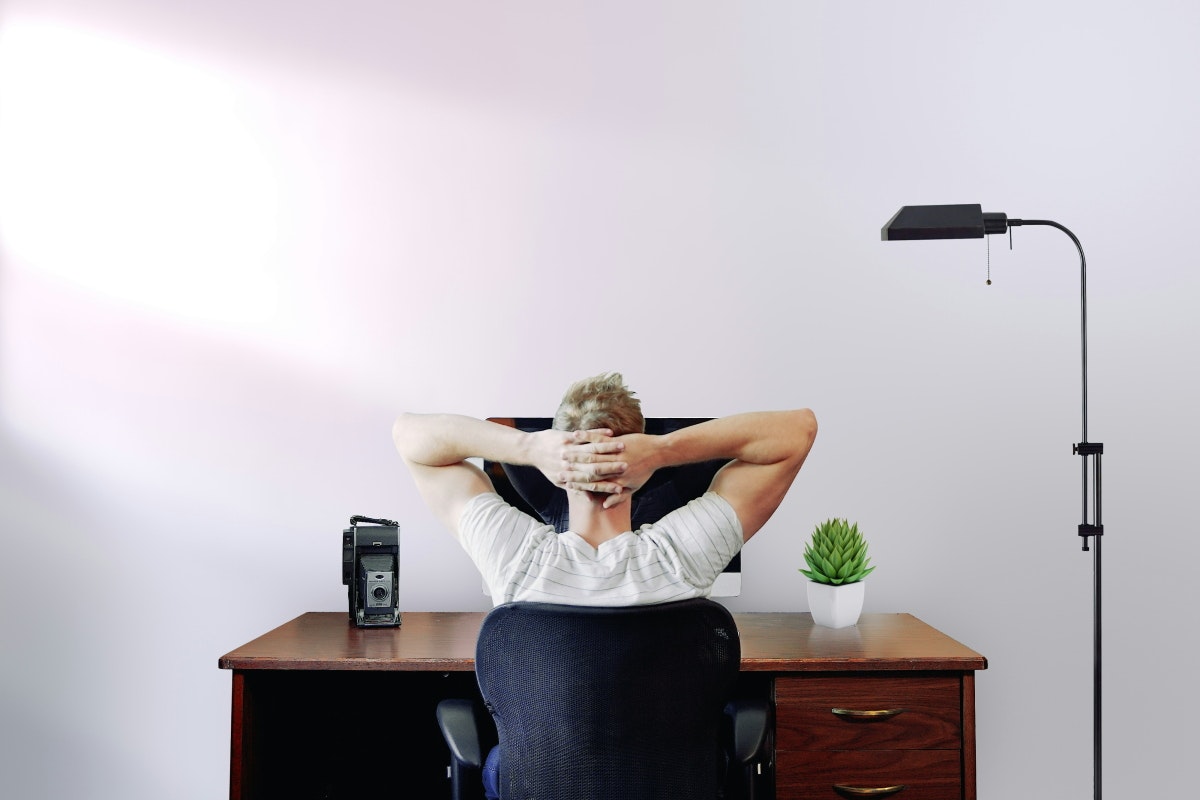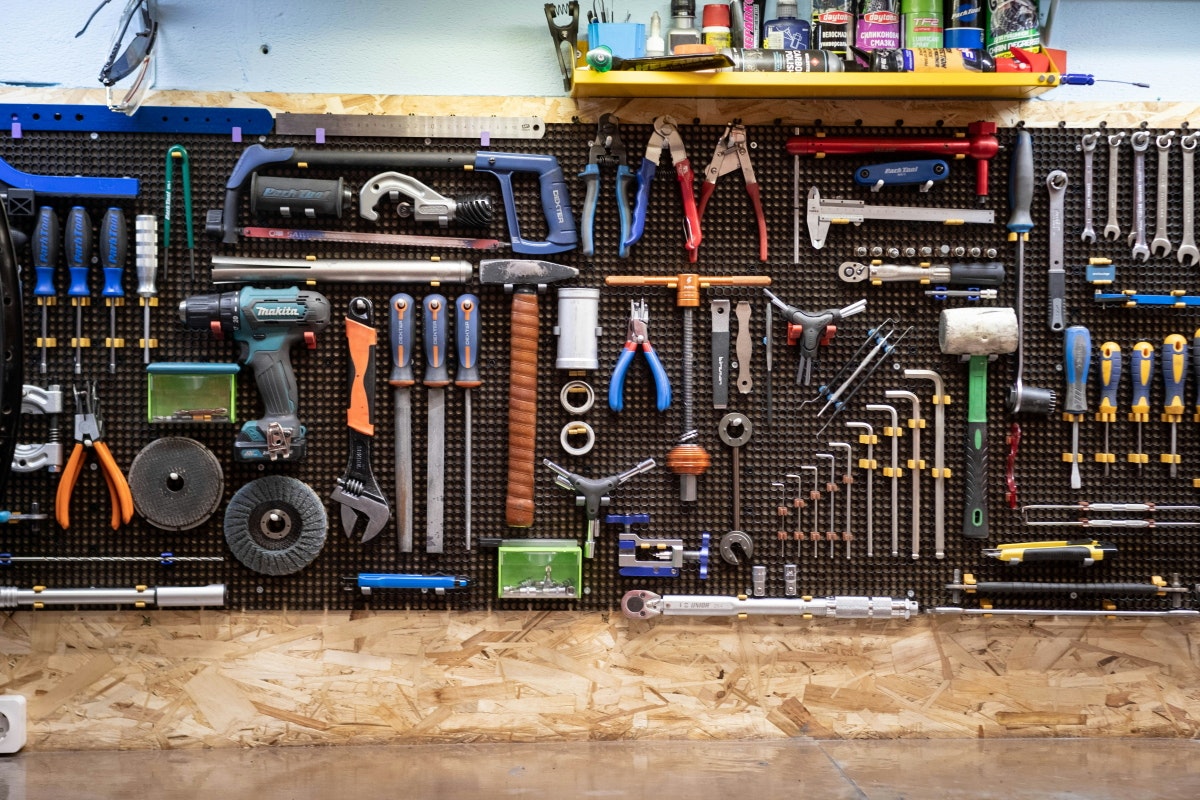Certain items of equipment, machinery and vehicles are essential to the smooth running of your business – whether it’s a delivery van for a food service, or a digital printer for a print shop.
When a critical asset is required, the key question becomes: should you purchase the item outright, or lease it and spread the cost over instalments?
Buying – advantages and disadvantages:
- Asset ownership – A purchased item becomes a tangible asset on your balance sheet. This strengthens your business’s asset base and may improve its overall value. You can also claim depreciation and, where eligible, capital allowances for tax purposes.
- Full control – Ownership gives you unrestricted use of the asset for its useful life. If circumstances change, you may also sell the asset to release capital.
- High upfront cost – Buying requires a significant cash outlay, which may place pressure on working capital and reduce funds available for other areas of the business.
- Possible borrowing requirement – If cash reserves are insufficient, additional finance may be required. While asset finance can provide a solution, it increases liabilities on your balance sheet.
Leasing – advantages and disadvantages:
- Lower entry cost – Leasing allows access to essential assets without a large upfront payment. For start-ups and small businesses with limited capital, this may be a practical option.
- Cashflow flexibility – Lease payments are spread over time, making budgeting more predictable. Freed-up capital can then be redirected towards growth and operations.
- No ownership (in many cases) – Under an operating lease, you will not own the asset at the end of the agreement. This removes the option of resale and can reduce long-term value.
- Potentially higher long-term cost – Leasing often includes interest and fees, meaning total payments may exceed the purchase price.
- Risk of repossession – If lease payments cannot be maintained, the lessor may reclaim the asset, which can severely impact business continuity.
There is no one-size-fits-all approach. The decision to buy or lease will depend on your current financial position, cashflow capacity, growth plans and tax considerations.
As accountants, we can help you assess these factors, review your balance sheet and cashflow, and determine the most financially sound option for your business.







